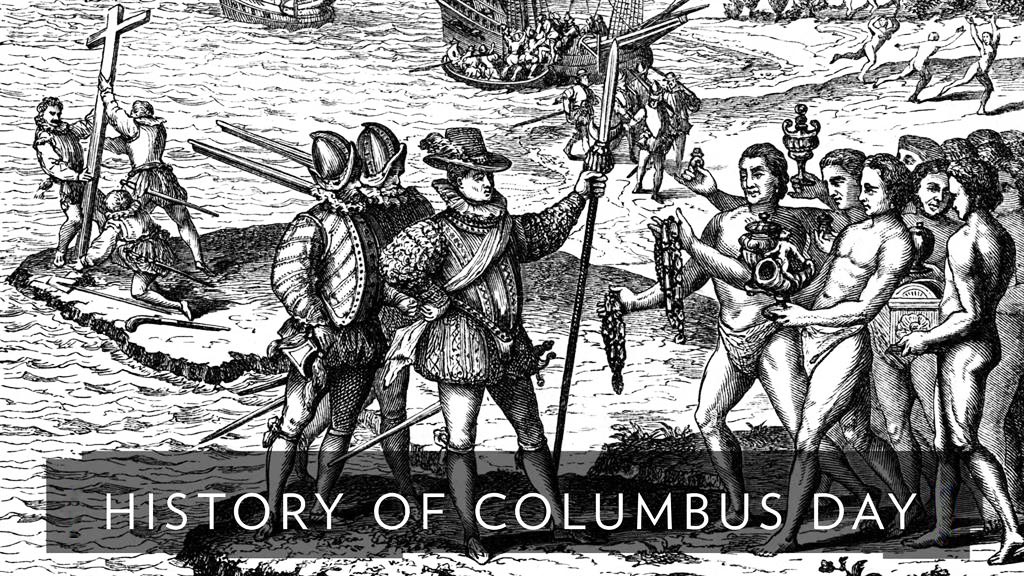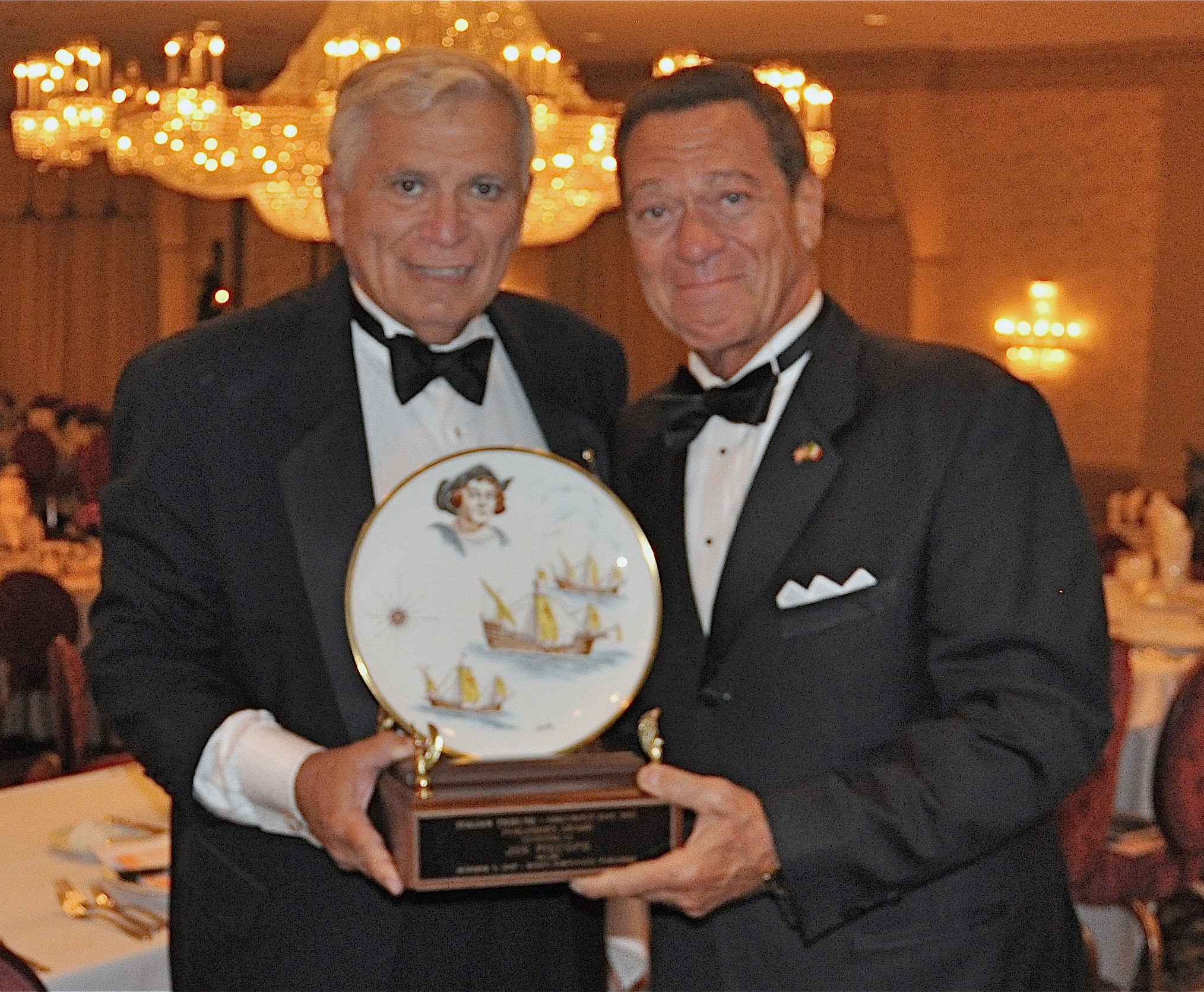Early in the morning of October 12, 1492, a sailor on board the Pinta sighted land, beginning a new era of European exploration and expansion. The next day, the ninety crew members of Columbus’ three-ship fleet ventured onto the Bahamian island that he named San Salvador (now Watling Island), ending a voyage begun nearly ten weeks earlier in Palos, Spain. He had intended to chart a western sea route to China, India and the fabled gold and Spice Islands of Asia. Instead, he became the first to explore the Americas.
In March 1493, the explorer returned to Spain in triumph. He crossed the Atlantic several more times before his death in 1506. By his third journey, he realized that he had not reached Asia, but instead had found a continent previously unknown to Europeans.
As a reward for his valuable discovery, the Spanish crown granted Columbus the right to bear arms. His new coat of arms added the royal charges of Castile and Leon and an image of islands to his traditional family crest. Columbus further modified the design to include a continent beside the pictured islands.
Before his final voyage, the Spanish monarchs prepared a Book of Privileges, a collection of agreements showing how Columbus was remunerated for his explorations. In 1502, four copies of the book were known to exist. The Library of Congress’ copy of this work is one of the Top Treasures included in the online exhibition American Treasures of the Library of Congress.
The first recorded celebration of Columbus Day in the United States took place on October 12, 1792. Organized by the Society of St. Tammany, also known as the Columbian Order, it commemorated the 300th anniversary of Columbus’ landing.
The 400th anniversary of the event inspired the first official Columbus Day holiday in the United States. President Benjamin Harrison issued a proclamation in 1892, “recommending to the people the observance in all their localities of the 400th anniversary of the discovery of America…” and describing Columbus as “the pioneer of progress and enlightenment.” Since then, school programs, plays and community festivities have been organized across the country in celebration of Columbus Day. Columbus and the Discovery of America, Imre Kiralfy’s “grand dramatic, operatic and ballet spectacle,” is among the more elaborate tributes created for this commemoration. The World’s Columbian Exposition or Chicago’s World’s Fair, which opened in the summer of 1893, was designed to commemorate Columbus’ discovery of the New World 400 years earlier.
In the decades that followed, the Knights of Columbus lobbied state legislatures to declare October 12 a legal holiday. Colorado was the first state to do so on April 1, 1907. New York declared Columbus Day a holiday in 1909 and on October 12, 1909, New York Governor Charles Evans Hughes led a parade that included the crews of two Italian ships, several Italian American societies and legions of the Knights of Columbus. President Franklin Delano Roosevelt designated Columbus Day, then celebrated October 12, a national holiday in 1934.
Since 1971, when Columbus Day was designated the second Monday in October, it has been celebrated as a federal holiday.





